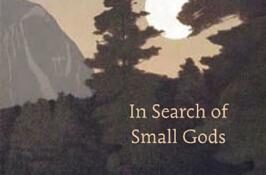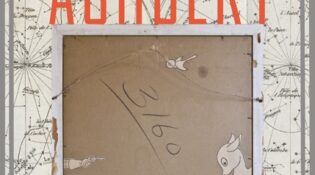Running on Fumes: Jim Harrison’s In Search of Small Gods
A successful Orphic poetics often depends on the poet’s ability to arrest the reader’s critical faculties and to sustain that suspension across a traumatic arc. It is a high-romantic, if…
Soprascarpa di Gomma: Poisonville
In 1929, a year before his classic The Maltese Falcon was published, Dashiell Hammett began his debut novel Red Harvest with these two lines: “I first heard Personville called Poisonville…
Off-beat: Nicholson Baker’s The Anthologist
Nicholson Baker’s The Anthologist is a strange book: part idiosyncratic poetry manual, part disconnected personal narrative. The first line of the novel, if you can comfortably call it that, pulls…
Diet Verse: John Ashbery’s Planisphere
“Readings” of John Ashbery’s poetry have been a contentious point in critical and scholarly circles for more than half a century. It is commonly held by acolytes and detractors alike…
Violence & Evasion: the Novels of Margarita Karapanou
In an interview I once conducted with the Greek writer Amanda Michalopoulou, author of the short story collection I’d Like (Dalkey, 2008), the question of literary precursors came about, and in particular…
Dribbles, Drabbles, Micro- & Flash (Oh my)
Frances Theodora Parsons’ How to Know the Wild Flowers—written under the pseudonym Mrs. William Star Dana, published in 1893, and acknowledged as the first true “field guide”—begins with a brief section…
From the Encyclopedic to the Personal
On December 10, 1982, Gabriel García Márquez received the Nobel Prize for Literature. In his new biography of the renowned Columbian writer, Gerald Martin describes the occasion: Now, defiantly dressed…
“A Congealed Nebulosity”
Reading Geoffrey Hill’s Collected Critical Writings feels a lot like what it might to step into a graduate seminar in 19th and 20th century poetry without having taken the prerequisite courses, or…
Enmeshed in War: Evelio Rosero’s The Armies
Colombia is almost certainly among the most difficult places on Earth for an outsider to understand. For forty years, the country has been embroiled in a civil war that pits…


